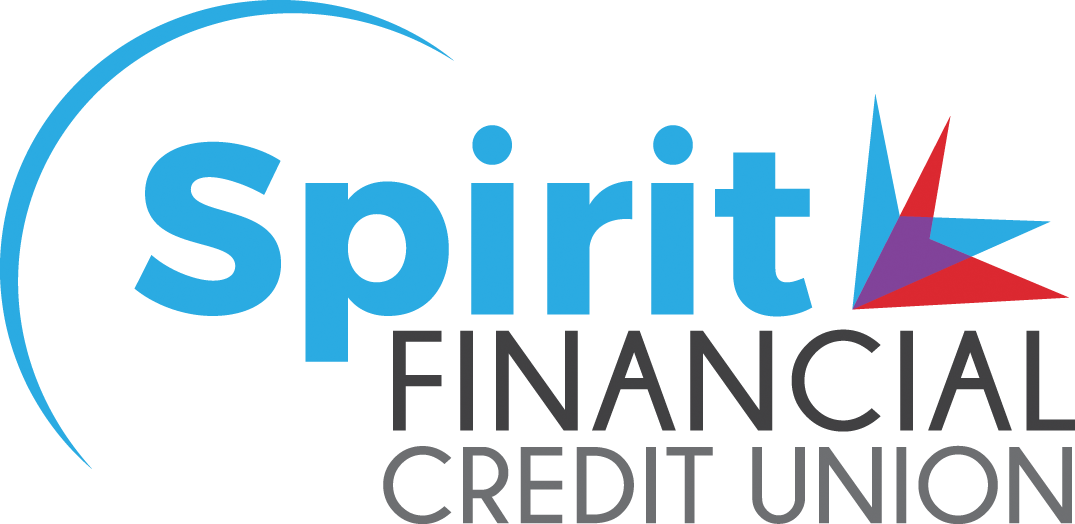Resolve to Revitalize Your Financial Health in 2023
The new year brings the perfect opportunity for a fresh start. While many people make resolutions about dieting, starting an exercise plan, or spending more time with family, your financial health is equally as important. This is especially true coming off a year filled with economic challenges. Here are 7 tips for optimizing your financial health for the new year.
1 Prioritize Saving
Building your savings is the first step to healthier finances. Create a budget that prioritizes savings over excessive spending and set up direct deposit of a portion of each pay into savings. Credit Union savings accounts are safe and insured. Tap to learn more about Spirit Financial Credit Union’s savings accounts, certificate accounts, and money market accounts. Regardless of how you save, make it a priority.
2 Increase Your Income
Often improving your financial well-being can be accomplished by simply increasing your income. You may be thinking that it sounds difficult but it is actually very simple to increase your income. Especially in today’s world where there are many opportunities to find well-paying part-time jobs or a productive side hustle.
3 Consolidate & Pay Down Credit Card Debt
With rising costs, more consumers are relying on credit cards to make ends meet. According to CNBC, credit card debt in the third quarter of 2022 reached $930 billion. This was just shy of an all-time record according to a report from the Federal Reserve of New York. Credit card balances grew more than 15% over the prior year. While eliminating your credit card debt may seem impossible, consolidating the balances of high-rate credit cards with a fixed-rate personal loan enables you to pay off debt sooner and for less. Tap to learn more about consolidating debt with a personal loan at Spirit Financial.
4 Step Up Your Retirement Savings
There are several ways you can enhance your retirement savings. First, start early. The power of compounding interest will not fail you. Second, be sure to contribute regularly with automatic payroll deductions. If your employer offers a 410(k) match and you are not taking full advantage of it, you are losing out. Be sure to contribute enough to get the free match. Finally, consider an IRA. Even if you have a 401(k), you may be able to save even more by opening an IRA and maxing it out.
5 Learn More About Investing
Investing is vital to putting your money to work for you. It helps you to take better control of your financial security. You can learn by reading articles and books about investing, learning more about investing terminology, joining an investment club, taking an online course, or practicing with a stock simulator. Begin by reading our blog about mutual funds.
6 Improve Your Credit Score
You’ve heard our advice for maintaining a good credit score many times in the past, but it’s worth repeating. Your credit score impacts so many things in life, from helping you secure a loan and enjoying lower loan, credit card, and car insurance rates to the ease with which you are able to rent an apartment or secure utilities. When trying to improve your credit score, remember that it’s dependent on your payment history, the amount owed, the length of your credit history, your new credit, and your credit mix. The most important things you can do are make all of your payments on time and keep your debt balances low.
7 Update Your Beneficiaries
Updating your beneficiaries is something that may not be top of mind, but it should be reviewed on a regular basis. This is especially true if you’ve experienced any life-changing situations. This might include marriage, divorce, the birth of a child, or the death of someone who may have been named as a beneficiary in the past. When updating beneficiaries, be sure to check insurance policies, retirement accounts, and other financial accounts. Regular reviews are always a wise decision.
Having a strong plan to revitalize your financial health is the first step in getting there. Even with a plan, you’ll need to roll with the punches and adjust your budget and goals as things change.



